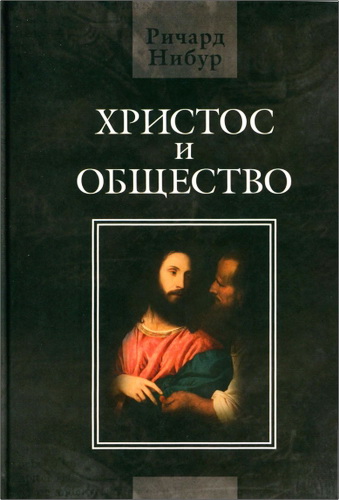
Solomon - Historical Dictionary of Judaism - модуль BibleQuote
Norman Solomon - Historical Dictionary of Judaism
Lanham: Rowman & Littlefield, 2015. – 528 p.
ISBN 978-1-4422-4141-1 (hardcover : alk. paper)
ISBN 978-1-4422-4142-8 (ebook)
Judaism has never been the religion of more than a tiny portion of humanity. Yet it is known to some extent by virtually everybody. This has been partly through the Jews, what they have written, said, or done. But it was often intermediated through others, many of them Christians or Muslims, who absorbed some of the Jewish prophets and precepts in their own religions. And it was spread more diffusely through others, whose knowledge was often not that deep but whose biases were extensive and tenacious. This way, nearly everyone has at least a passing acquaintance with Judaism, and some insist they have a deep grasp. Alas, sometimes the familiarity is too shallow and the understanding too distorted because the information was passed along in such indirect and diffuse manners. Often also the image relates more to biblical or early modern times than the present day and more to preconceived notions than facts. This more than justifies a Historical Dictionary of Judaism whose task is, if anything, more arduous than for other religions in this series.
Actually, the fact that Judaism is so well “known” often gets in the way, so starting from scratch, as this book does, is the best procedure. This is done first in the chronology, which passes briefly through a long and tortuous history. Next comes a fairly comprehensive introduction, which looks more closely into that history, passing through good times and bad, and reaching a present that is—as always, it seems—again one of questioning and searching. Of particular value, it also tells readers a lot about the religion and how it is actually lived by the Jews. Helpful as the overall picture may be, the details are particularly essential, and they are provided in thoroughly cross-referenced entries about significant people, places, events, institutions, concepts, writings, rites, and practices. Numerous tables and appendixes provide additional details on key points. The learning process can then be extended by further reading, which can be facilitated by the bibliography.
To explain Judaism to others, you must first know and practice it yourself, and second, realize what others need to know and how to convey the information. Both of these prerequisites are amply explained by the author of this volume, Norman Solomon. After spending 22 years as an orthodox rabbi in Manchester, Liverpool, and Hampstead, London, he became a scholar. He was successively the founder-director of the Centre for the Study of Judaism and Jewish/Christian Relations at the Selly Oak Colleges, Birmingham; then a Fellow in Modern Jewish Thought at the Oxford Centre for Hebrew and Jewish Studies; and presently he is a member of Wolfson College, Oxford, and of the Unit for Teaching and Research in Hebrew and Jewish Studies at the University of Oxford. All the while, he has written extensively, with many articles and books to his credit, and also participated in numerous international interfaith consultations. This amazingly varied and busy career allowed Norman Solomon to deepen his own knowledge of Judaism while helping to explain it to others in this expanded, updated, and thoroughly welcome third edition.
* * *
MIXED MARRIAGES
(Alternative terms “intermarriage,” or “out-marriage.”) The Bible (Dt 7:3; M428) prohibits marriage with the “nations of Canaan” because the result might be to lead future generations to idolatry; the rabbis (BT Qid 68b) understand the prohibition to extend to marriage with other nations.
The strong antipathy felt by many Jews, even secular ones, toward marriage outside the community is best understood as the defensive reaction of a minority that considers its identity to be under threat. Its biblical underpinning lies in Ezra’s demand to the men of Judah and Benjamin to “separate yourselves . . . from the foreign women” (Ezra 10:11).
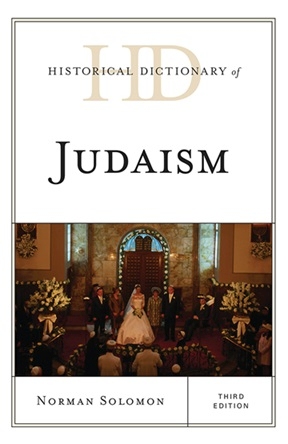
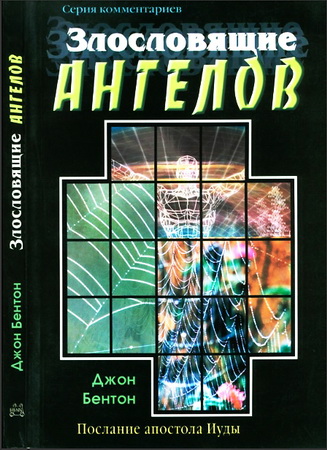
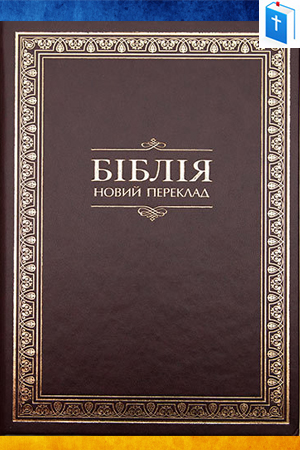
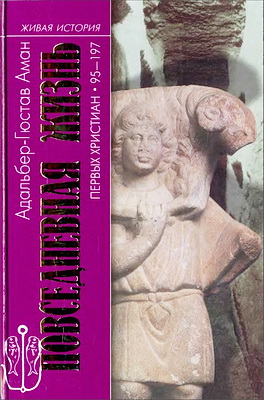
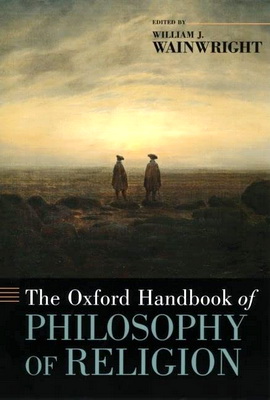
Комментарии
Пока нет комментариев. Будьте первым!